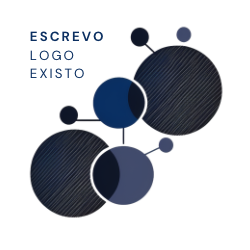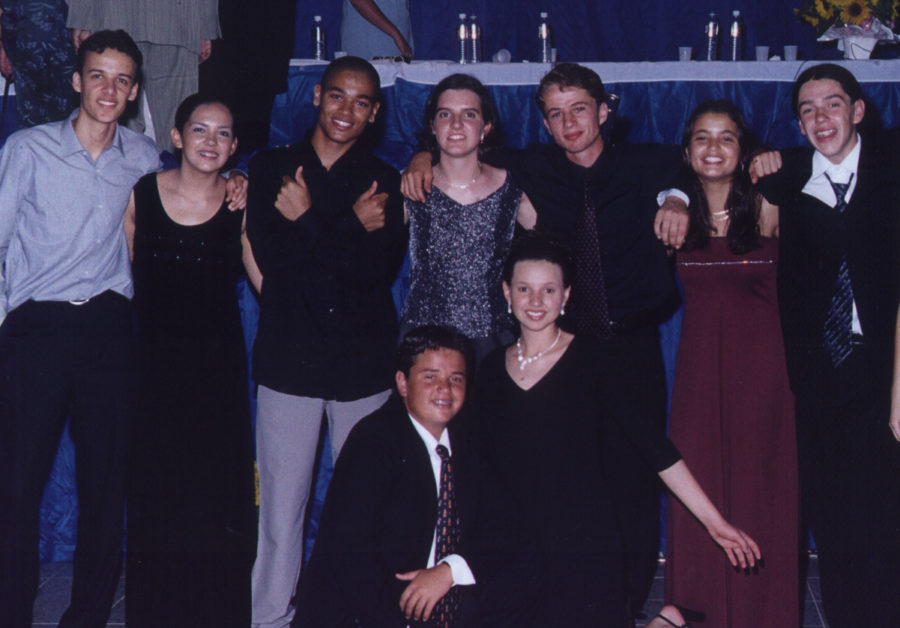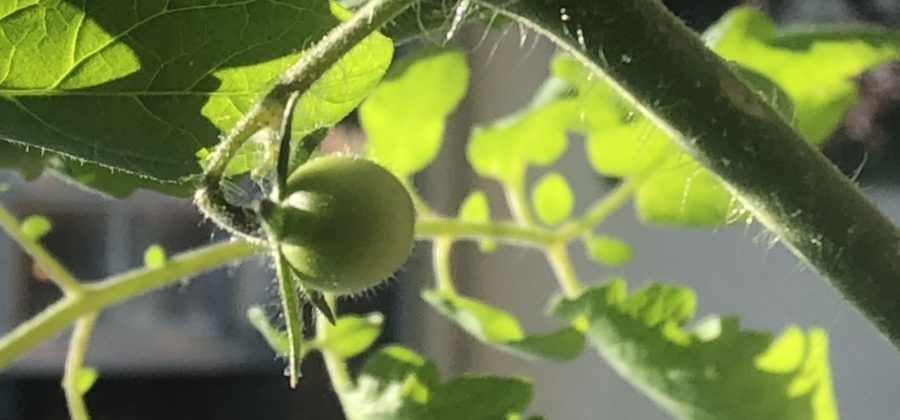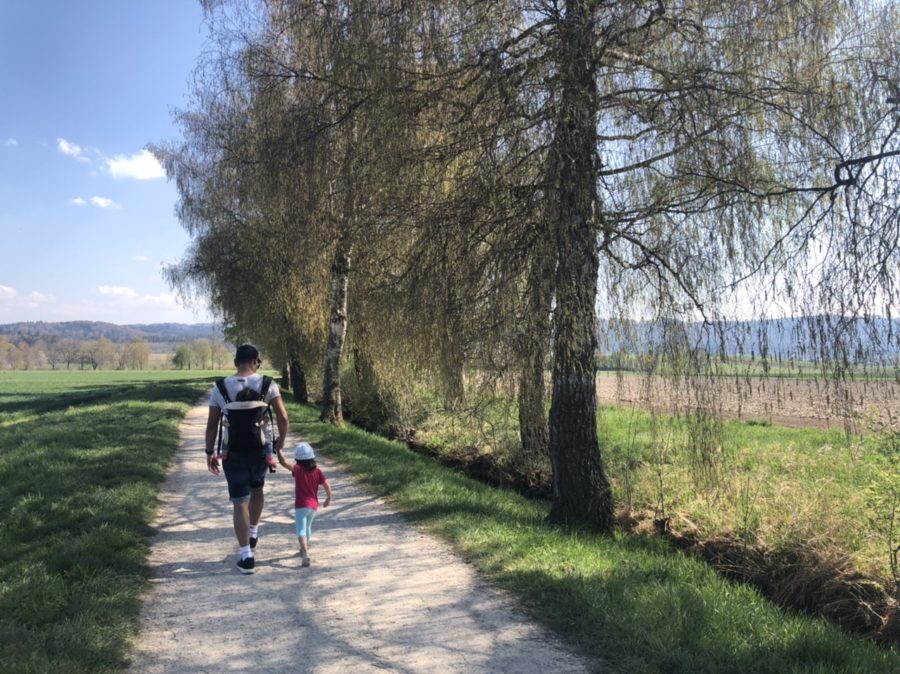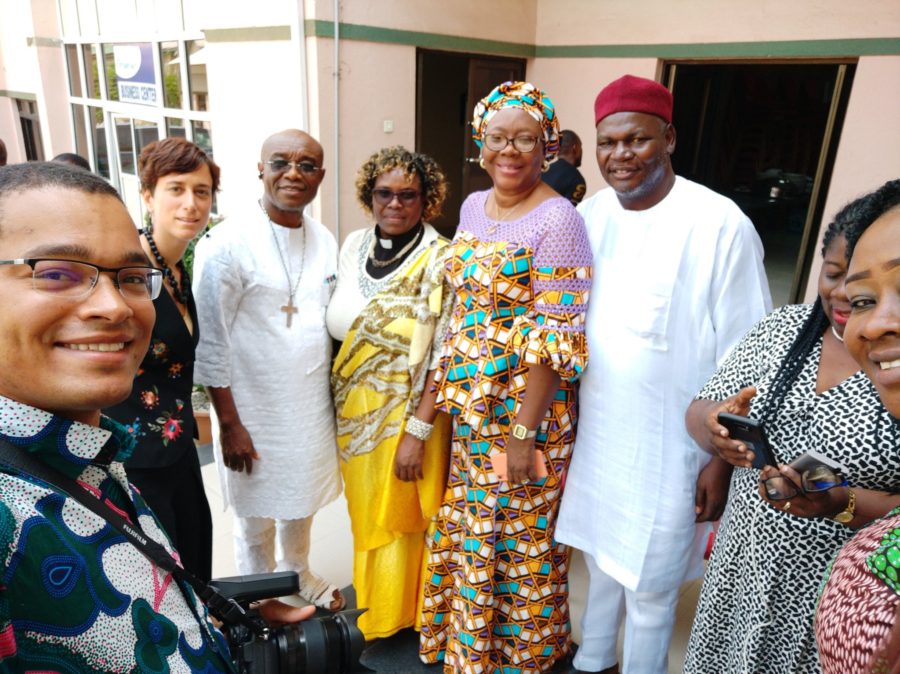Today I celebrate my first year working for the most important ecumenical organisation in the world. The World Council of Churches is a fellowship that brings together hundreds of different churches from several denominations.
In times when society seems increasingly divided, and faith is not rarely misused, working for a fellowship of churches can potentially be considered a waste of time. But I have testified how religious leaders play a crucial role in strengthening communities all across Europe, Asia, Africa and Latin America. Sometimes faith provides an entry point whereas other institutions struggle to reach vulnerable people.
On 20 May 2019, I joined the Communication team of the Council. It was a moment in my career in which I was thirsty for a new challenge. I was hoping to be part of a team, and I needed to follow my life decision on choosing a workplace where I could share my knowledge and skills but also make a positive difference in peoples lives.
Today, I can say that my journey at WCC has never been tedious. Never. I am challenged on a daily basis. But the most striking thing for me is that I can experience the beauty of ecumenism day by day.
In Geneva, most of the time, I share the office with a Latvian Lutheran man and a Greek Orthodox woman. God only knows how diverse we are! As a Catholic Brazilian growing up within the Focolare community, I simply can’t stress enough how fulfilled I am, as a Christian communicator working, particularly, with these two colleagues. It is beautiful to realise that despite our different faith backgrounds, our sometimes opposite worldviews, we are deeply connected by our love for communication and the strong commitment for justice and peace.
In my most ecumenical year, I understood that ecumenism is first and foremost a personal choice. The big lesson at the Council is that unity is a masterpiece that needs to be carefully crafted. And this presupposes my willingness to invest energy, skills, love and, especially, patience and compassion.
